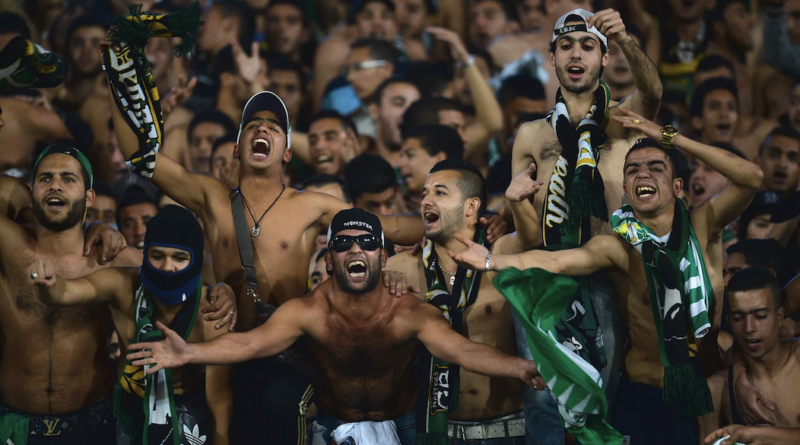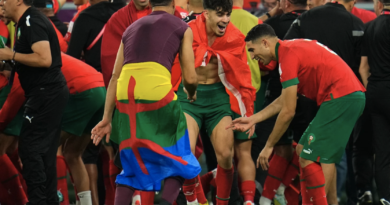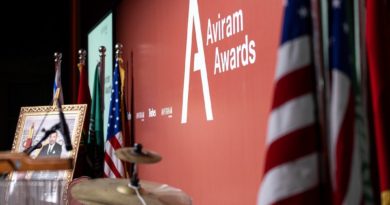The Ultras: Morocco’s fierce football fans
Morocco’s soccer ultras have gained widespread recognition in recent years for their fierce loyalty and passion for the game. The ultras, who emerged as a subculture in Morocco as early as 2005, are known for their colorful tifos and choreographed displays of pyrotechnics, which create an intense atmosphere in the stands that is unmatched. However, their reputation for violence has also brought controversy to their subculture.
These ultras are autonomous, operating generally outside the direct purview of the boards of the clubs they claim to represent. Some of the notable ultras: Ultras Avanti (Casablanca), Orange Boys (Berkane), Fatal Tigers (Fes), Brigade Wajda (Ou), Green Ghost (Khouribga), Crazy Boys (Marrakesh), Los Matadoes (Tetouan), Ultras Hercules (Tangier), Helala Boys (Kenitra), Askary (Rabat), Eagles (Casablanca), Imazighen (Agadir) and Winners (Casablanca).
Despite being primary football fans, the Moroccan ultras have played a key role in fighting for social causes. They have actively supported labor strikes and protests, and have used their platforms to advocate for social justice. Their activism and dedication have earned them praise from fans and the public alike.
While Moroccan ultras do not identify as political associations, their criticism of governmental policies and confrontation with security forces made them visible in local and international contexts, especially as their songs on corruption, alienation, poverty, and the Palestinian-Israeli conflict gained popularity across the virtual web.
Despite attempts by the Moroccan government to regulate their activities and curb their violent tendencies, Moroccan ultras remain a powerful force in Moroccan soccer culture. They have established themselves as an integral part of the game, inspiring fans across the country. Their passion for the sport and their activism have made them an important part of the conversation around the future of Moroccan soccer.
The rise of ultras and youth culture that challenge social and political norms are generally met with heavy security, particularly since the government introduced laws criminalizing the culture of ultras and fining clubs for acts of violence. However, members of ultras see this approach as reactionary because it fails to address the social problems which reside in the breakdown of social norms related to sports education. These social norms are learned at school and are enforced by both the club and the family.



